
Consent still an issue for LGBTI community following Queensland rape case: HIV specialist

A CASE involving the rape of a Queensland man by a former sexual partner who became “distressed” to learn his victim was HIV-positive has highlighted issues surrounding consent and sexual health, according to a leading Brisbane HIV specialist.
Also the founder of a male rape and sexual abuse survivors support group, Dr Wendell Rosevear believes the Sunshine Coast case showed that consent remained a prevalent issue for the community, along with safe sex.
[showads ad=MREC]Last week news emerged of Phillip Donald Jason’s guilty plea to the rape of a former sexual partner in June 2014, who had once given his consent but had later removed it.
Jason was charged with rape after “crossing a line” when his victim asked him to stop, but refused to do so straight away. The first that Jason became aware of his victim’s status was after his arrest, where he became “obviously distressed and upset,” his defence lawyer Andrew O’Brien told the Brisbane District Court last Wednesday.
O’Brien asked Judge Fleur Kingham during Jason’s sentencing hearing to consider that he had undergone months of medical tests before returning a negative result for HIV, causing anxiety.
The judge rejected Jason’s claims of distress, saying it was not relevant.
“It’s a consequence of him consensually engaging in unprotected sex,” Kingham said.
Rosevear said Jason’s case “deserves understanding for the whole gay community” and that everyone needed to take consent seriously and have a clear understanding of it.
“It is impossible to have sex without being vulnerable, so we need to link sex to safety and we do that by a consent process,” Rosevear told the Star Observer.
“We value each other by respecting choice, the right to say ‘yes’ or ‘no’. If choice is taken away or denied people feel raped and devalued.
“In this case there was initial consent that was then removed by the person asking for the sex to stop. Hence we need to understand clearly that ‘no’ means ‘no’ and ‘stop’ means ‘stop’.”
Rosevear added that the onus still remains on both parties to clearly communicate whether consent is given during sexual contact.
“Often in sex the communication is non-verbal, or if you like ‘body language’. This doesn’t take away the need to have clear understandings about choice,” he said.
“Both parties, for their own safety, need to be clear and even confirm that there is a free choice before the sex is initiated or continues.
“However if you are not sure, then both parties are wise to use words to confirm consent.”
In a situation where alcohol or other substances is involved, giving consent and recognising when it may be removed later makes the need to establish consent greater.
“These may have disinhibiting effects that don’t remove the need to ensure that the person is free to say ‘yes’ or ‘no’,” Rosevear said.
“If sex has started with a ‘yes’ and then comes a ‘stop’ some people may think it is a mixed message or that they have to ‘try harder’ or persuade the other party.
“Some may call the other a ‘prick teaser’ trying to induce guilt to get a ‘yes’. To value each other and to avoid the complications of legal problems, we need simple, clear messages that leave no doubt about consent.”
New technologies and means by which people arrange sex with others brings about its own issues regarding consent, but it still comes down to establishing it clearly and concisely.
“With anonymous sex and internet hook up sex, it can be easy to assume consent in non-verbal ways,” Rosevear said.
“People may assume consent just by agreeing to hook up.
“While it may seem less complicated, in fact it can be more complicated after the sex. There is no loss in confirming consent in the simplest way you can.”
Rosevear said the judge’s dismissal of Jason’s claims of anxiety regarding HIV and her refusal to reduce his sentence provided an insightful observation of the virus and unsafe sex.
“She said ‘it’s a consequence of him consensually engaging in unprotected sex’, effectively saying that in sex each person is responsible for their own safety,” Rosevear said.
“This is timely as it can be dangerous to guess or assume someone’s risk of transmitting a sexually-transmitted diseases including HIV. Equally, there is no safety in blaming the other person.
“We need to foster a culture that values people and honesty so we can have happier sex and less sexually transmitted diseases.
“A culture where people can test and know, or test and treat, and not fear rejection for being HIV-positive.”
Jason was sentenced to two and a half years in jail but has already spent around eight months in custody. Due to this he is immediately eligible for parole and a board will decide his fate soon.
Rosevear is the founder of MARS: Men Affected by Rape and Sexual-Abuse that has been operating since 1993. For more details call (07) 3857 1222.
[showads ad=FOOT]

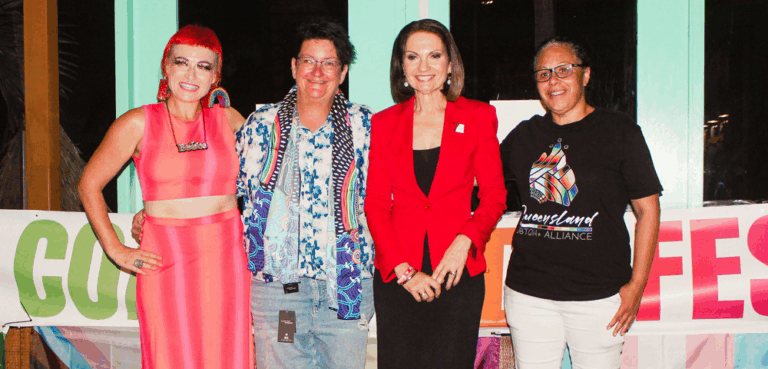
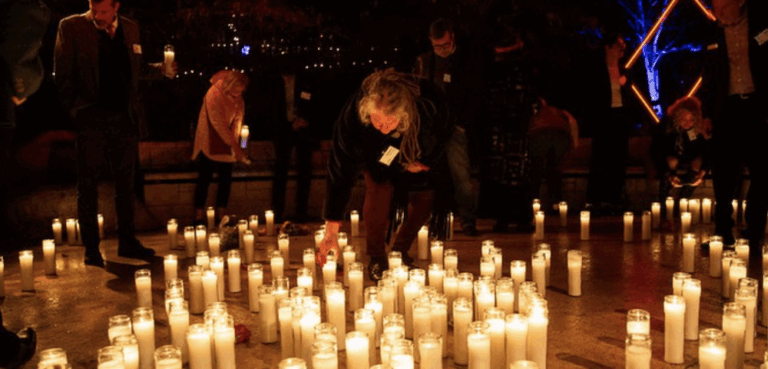

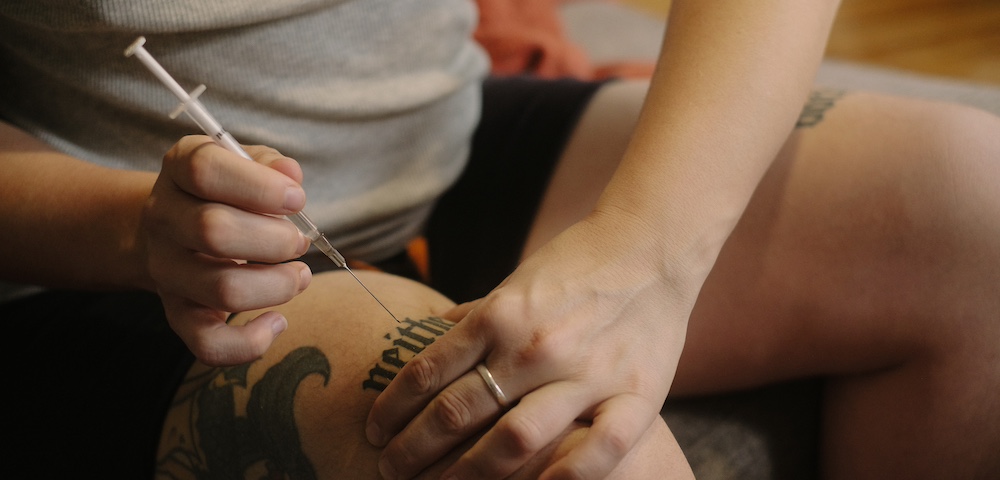
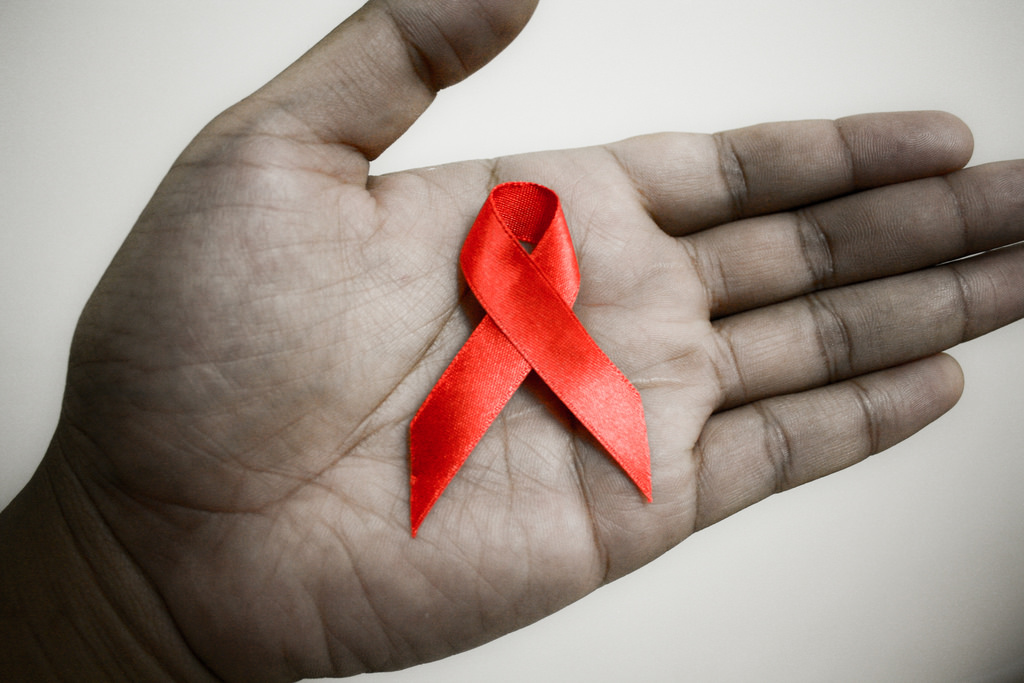

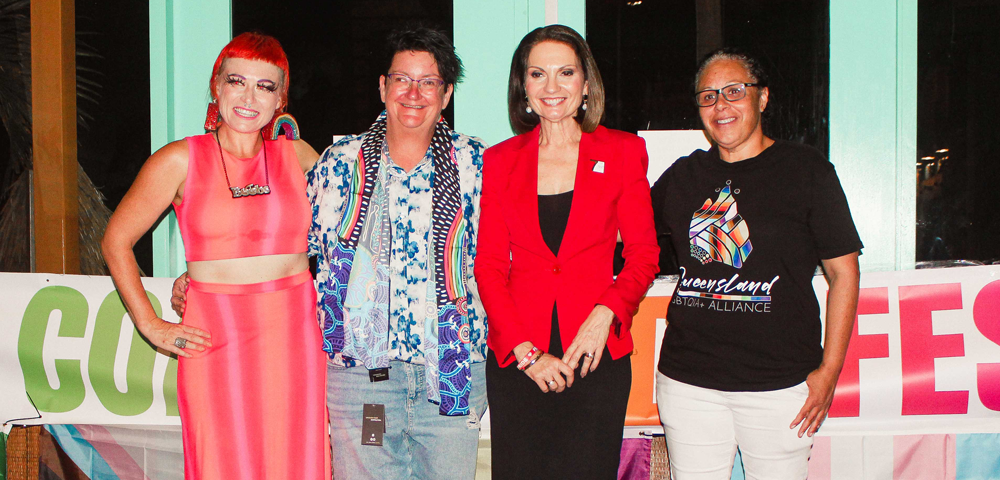
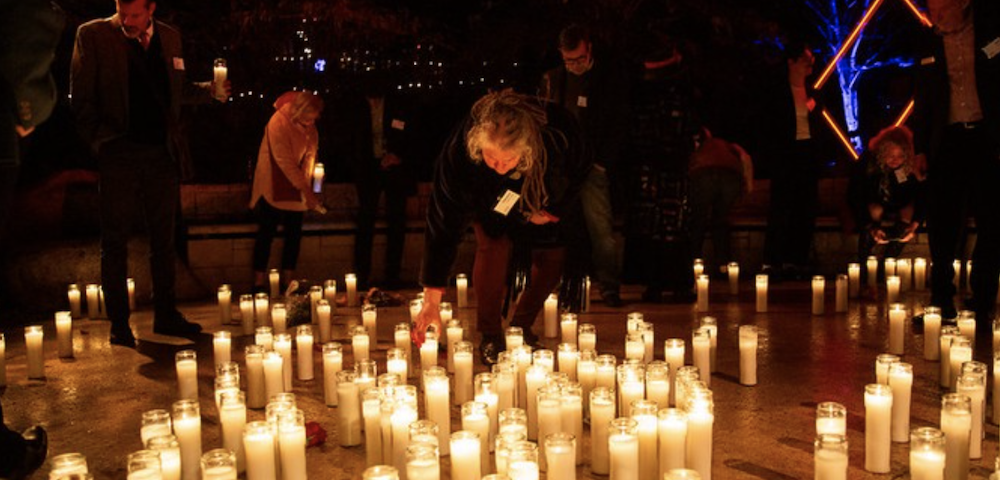
Tony Abbott is a rapist – he raped Australia, and should be in Long Bay or Goulburn jail for life!
Just pointing out that the second paragraph in this article is a little hard to understand.